Meet us at

New Delhi
25-27 Feb 2026

ITB Berlin
3–5 Mar 2026

DWTC, Dubai
4 – 7 May 2026

New Delhi
25-27 Feb 2026

ITB Berlin
3–5 Mar 2026

DWTC, Dubai
4 – 7 May 2026
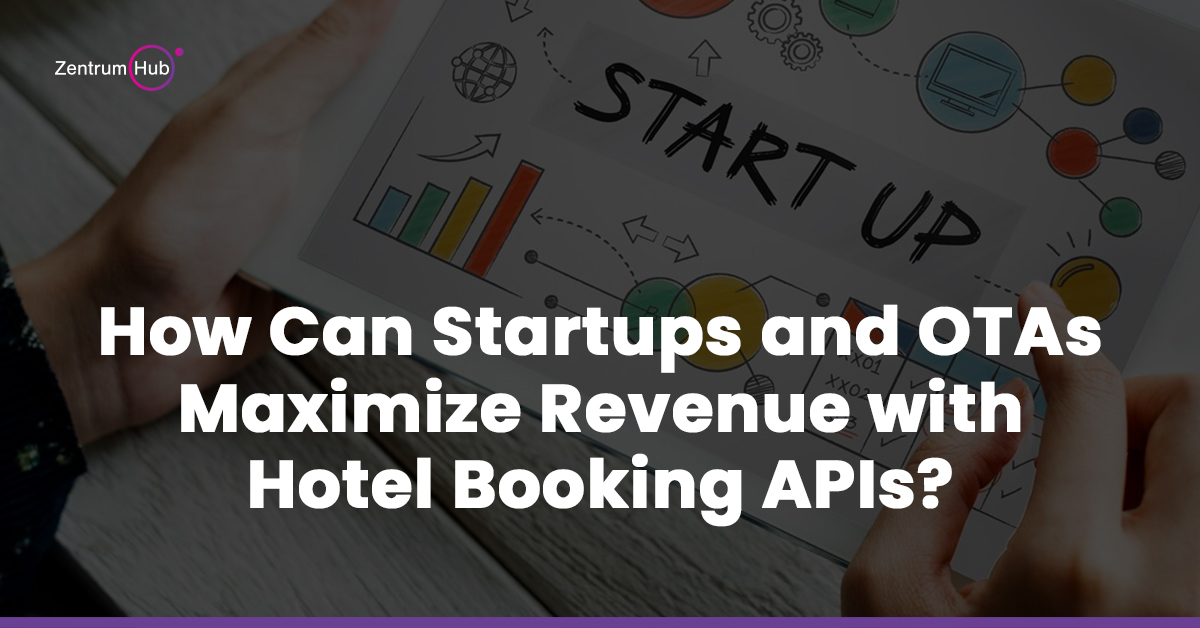
For travel startups and Online Travel Agencies (OTAs), the key to sustained growth and higher revenue lies in leveraging the right technology—specifically, hotel booking APIs.
These powerful tools are no longer just about simplifying the booking process. They represent untapped revenue potential, offering travel businesses opportunities to expand hotel inventory, personalize user experiences, and automate complex pricing models.
The focus isn’t merely on adding more hotels to your system. It’s about creating unique value for customers, optimizing backend processes, and opening new streams of income that would otherwise remain dormant.
Here’s how you can maximize your revenue using hotel booking APIs effectively.
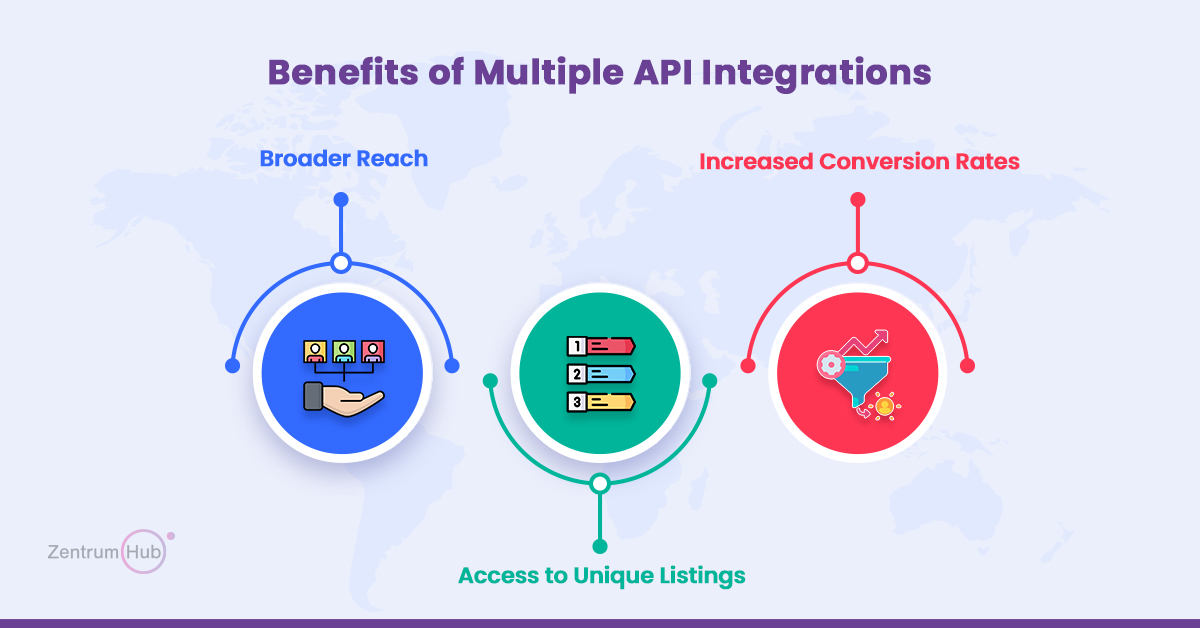
One of the most significant advantages of integrating a hotel booking API is the ability to increase your available hotel inventory.
Travel startups often struggle with limited hotel options, and this can negatively affect both user experience and conversion rates.
By integrating multiple hotel APIs from various providers, you can offer a more diverse range of hotels, locations, and room types, which in turn drives more bookings.
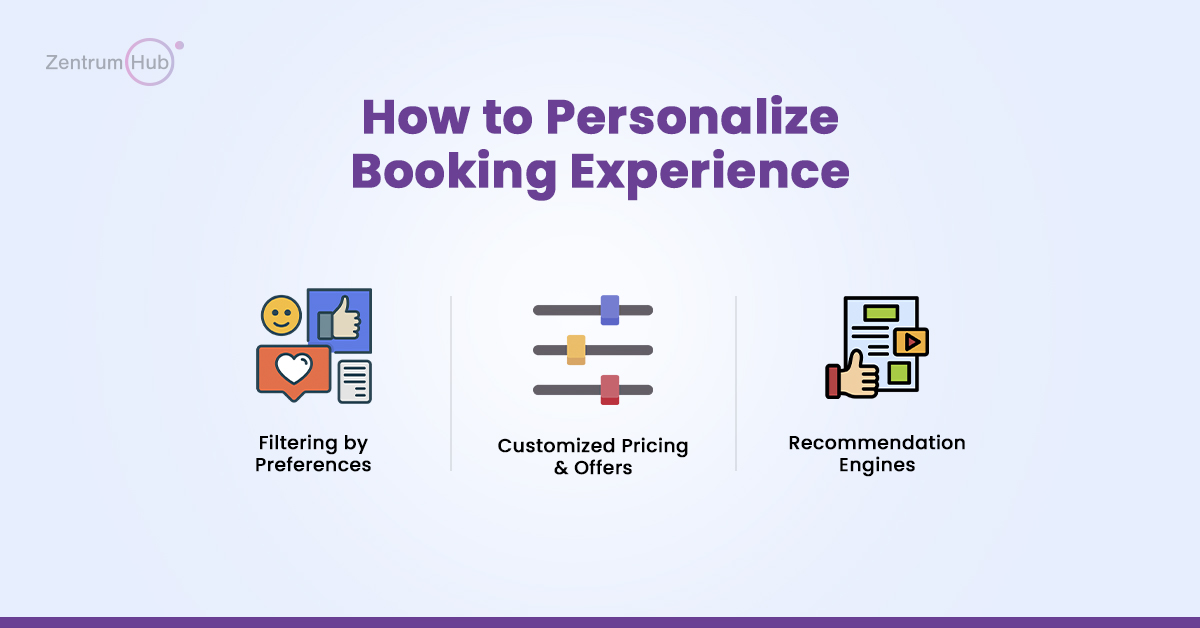
In the age of personalization, users expect tailored recommendations and seamless search experiences.
Hotel booking APIs can significantly improve the way you deliver personalized results to your customers, thereby enhancing satisfaction and increasing revenue.
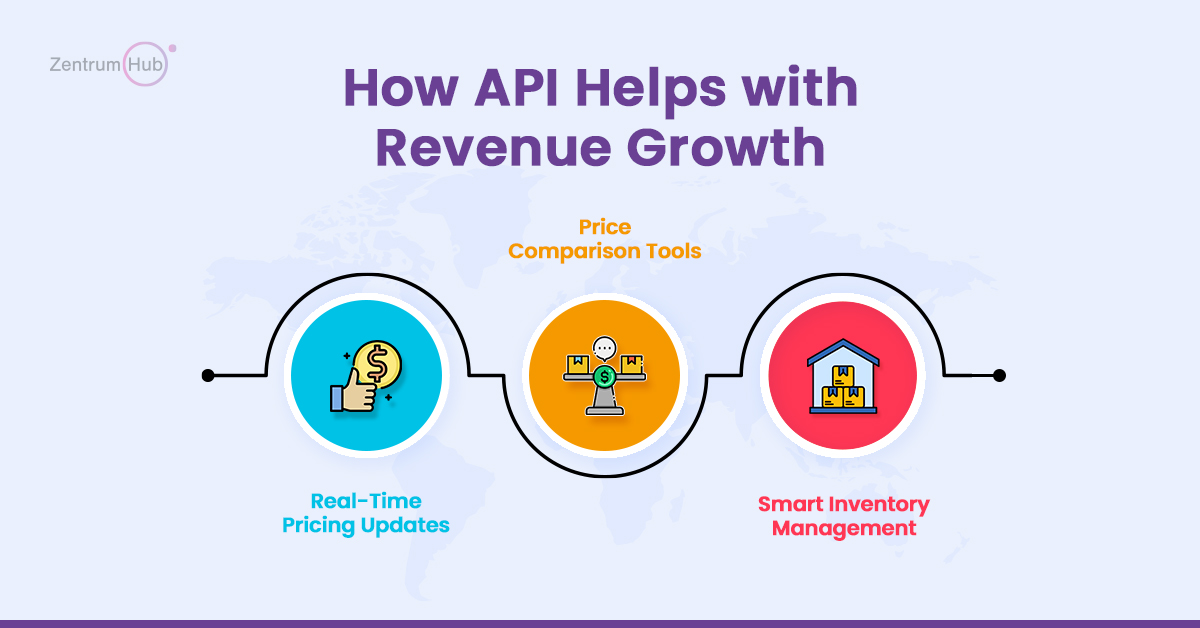
Dynamic pricing is a game-changer in the hotel industry, allowing OTAs and startups to automatically adjust hotel rates based on real-time factors like demand, occupancy, and even competitor pricing.
Hotel APIs are at the core of this strategy, as they provide constant access to updated pricing data.
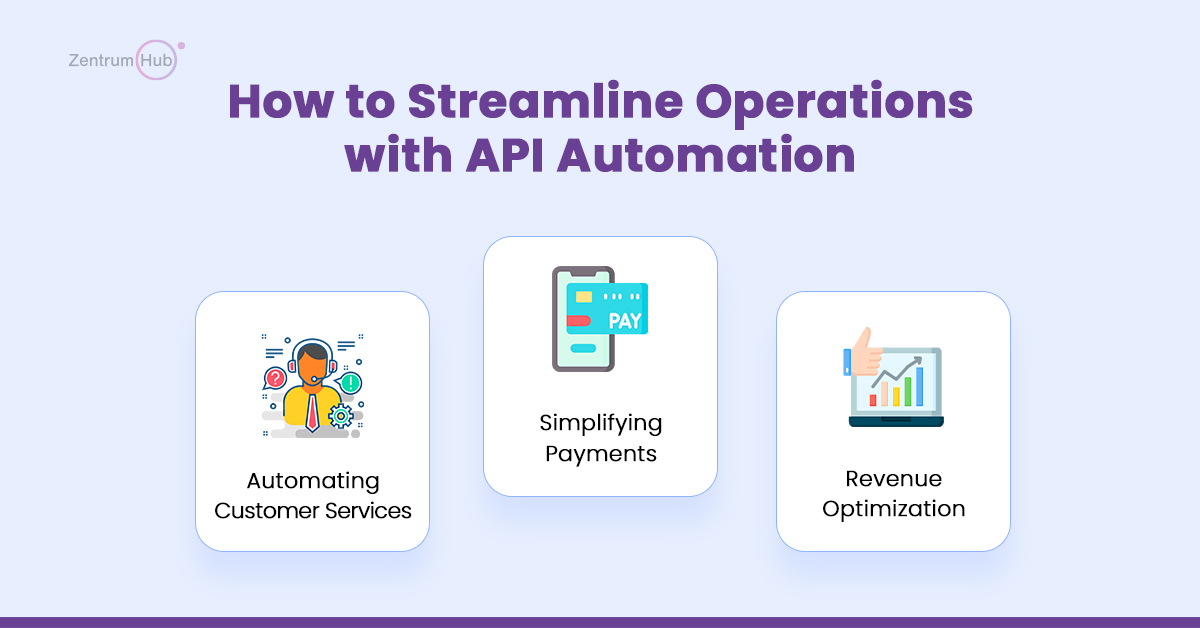
A key revenue-generating aspect of API integration is the automation it enables behind the scenes.
This goes beyond just facilitating bookings. It improves operational efficiency, reduces costs, and allows you to scale your business more easily.
Let’s take a look at some real-world examples of how OTAs have successfully used hotel booking APIs to boost revenue:
For travel startups and OTAs, maximizing revenue isn’t just about having more hotels in the system—it’s about creating an ecosystem where both the customer and the business thrive.
By integrating hotel booking APIs, you can unlock new revenue streams through expanded inventories, personalized experiences, dynamic pricing, and enhanced operational efficiency.
Investing in a well-planned API integration strategy with top hotel API providers like Amadeus, Booking.com, and Hotelbeds ensures that your platform stays competitive and continues to grow in an ever-evolving market.
As the travel industry becomes more data-driven, leveraging APIs effectively will be the differentiator between businesses that thrive and those that fall behind.
